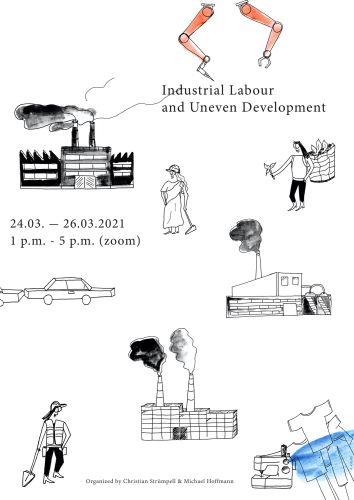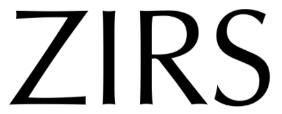
Michael Hoffmann (ZIRS, MLU Halle), Christian Strümpell (Universität Hamburg)
Online over Zoom
Resurgent anthropological interest in Marxian approaches, to no small extent triggered by the 2008 financial crisis, has given a fresh lease of life to several older concepts and debates inspired by Marx and Marxists. Thus, as several authors have recently argued, a case in point is Trotsky’s concept of ‘uneven and combined development’ that emphasises the inherently ‘lumpy’ and relational nature of capitalism. Hence, it provides a promising way to move beyond rather flat descriptions that conceptualise current global conditions with the term ‘globalization’, but that fail to give due weight to the spatiality and the temporality of capitalism as well as anti-capitalist struggles.
The workshop follows the call for an ethnographically rooted, critical materialist engagement with the relationality of capitalism. It focusses on trajectories of extractive, heavy and consumer industries in different world regions. At the centre of our workshop stand industrial workers, and the ways they situate themselves within processes of uneven and combined developments. We encourage contributors to engage with ethnographies of industrial labour in specific locales, with the dynamics of their linkages with the global, with the strategies various actors pursue to take advantage of uneven and combined development, and what role class, but also gender, ethnicity, and caste play in this regard. We are particularly interested in the ways uneven and combined development shapes industrial settings in one or more of four ways:
(i)How do, on macro and meso levels, strategies of accumulation pursued by capital (but also states) create terrains of uneven and combined development through the establishment of industries in ‘frontier’/’industrially underdeveloped’ regions, and the closure of industries elsewhere?
(ii)How is uneven and combined industrial development understood at the ‘point of production’, within single factories or industrial sectors, e.g. how do workers, industrialists, and development agents frame and/or strategically use the uneven and combined nature of development to make claims and/ or legitimize practices?
(iii)How do unions address forms of uneven and combined development to make claims on behalf of workers? How do discourses of uneven development feed into labor union politics, both in the everyday politics of a union and their long-term strategies?
(iv)How do other dynamics of uneven and combined development (e.g. agrarian relations, urban real estate markets, military conflicts etc.) shape the trajectories of industries and the position of working classes in them?
We invite everyone willing to join the discussion to sign up via email to michael.hoffmann@zirs.uni-halle.de or christian.struempell@uni-hamburg.de
In cooperation with ZIRS (Centre for Interdisciplinary Regional Studies), Universität Hamburg, Deutsche Forschungsgemeinschaft (DFG).
